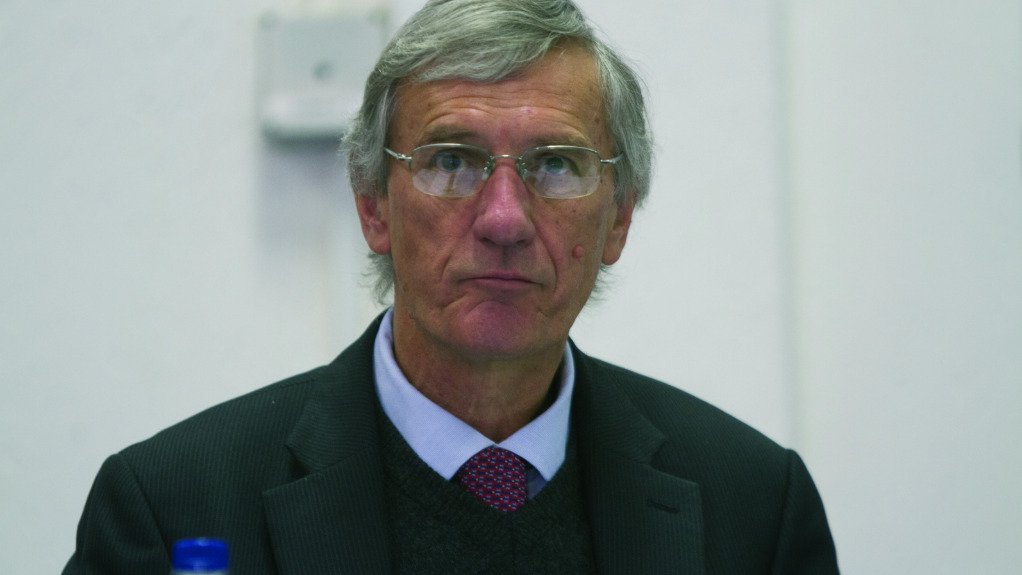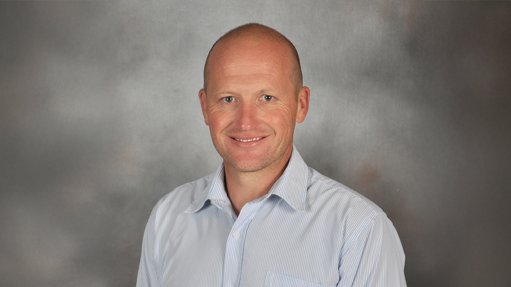Adaptation key to sustainability – expert


ROD CROMPTON Governments are tempted to 'pick winners', but the technological and financial risks are high and should be avoided by governments as far as possible
The long-established practice of extracting fossil fuels and subsidising the associated industries, as well as institutional and regulatory drag, pose real threats to technological progress and the renewable-energy transition towards an ecologically sustainable path, says University of the Witwatersrand Business School African Energy Leadership Centre visiting adjunct professor Dr Rod Crompton.
He says the continent is “in the middle of an electricity technology tsunami”, which is, for the most part, heading in a more sustainable direction, but he questions whether these technologies can truly move humanity onto this “sustainable” path in a timely manner, owing to the slow adoption of lower emissions electricity technology in Africa.
Given this concern, Crompton suggests that African governments deftly navigate the current landscape by moving away from centralised planning and allowing for more market-driven pricing, as clear market price signals could encourage an increase in investments by the private sector into new power plants and reduce the reliance on one supplier.
Further, he highlights the need to practice Integrated Energy Planning (IEP) while understanding that IEPs are not plans – despite their name – but scenarios that need regular updating and should be used to assist governments in intervening where there are market failures.
“Governments are tempted to ‘pick winners’, but the technological and financial risks are high and should be avoided by governments as far as possible. Ultimately, technological change will prevail, but the question is: how quickly? The challenge is that humanity is consuming natural resources faster than nature can replace them,” Crompton comments.
Balancing Priorities, Market Reform
Crompton highlights road transport as a significant challenge for South Africa’s transition to a new energy system because it is the main form of transport in a country where vehicles entirely depend on fossil fuels, primarily petroleum.
Even electric vehicles (EVs) would rely on fossil fuels to a degree, as the national grid still predominantly relies on coal-fired power stations for most of the country’s electricity generation.
Crompton cites the popularity of EVs, commenting that they are the next most attractive technology in the country while adding the caveat that widespread adoption would require a shift in buying decisions by “millions of motorists”.
Many motorists are reluctant to switch to EVs, owing to their higher prices, caused partly by government’s regulatory dispensation.
“Government tax incentives for EV manufacture will [start] only in 2026. Similar to electricity, many institutions and people will have to change for South Africa’s motor assembly industry to convert from fossil fuel vehicles to EVs or other forms of energy,” he adds.
Acknowledging that power generation depends heavily on coal and that this cannot be changed quickly, Crompton says shifting to lower-emission technologies requires a whole new mindset across many institutions and people, as well as substantial investments, which also takes time.
In the electricity sector, there is a widespread but not uniform shift towards market reforms and competitive pricing, and away from State-owned enterprise control. There are substantial subsidies for fossil fuel power generation in many countries on the continent, including South Africa, if one takes environmental and social impacts into consideration.
In balancing the priorities of ensuring a reliable energy supply and adhering to decarbonisation imperatives, he highlights that the National Energy Act requires Electricity and Energy Minister Dr Kgosientsho Ramokgopa to produce a yearly IEP that should incorporate all the trade-offs necessary to achieve its objectives, but that this has not been happening.
Citing the latest geopolitical developments, particularly the second inauguration of Donald Trump as US President, Crompton concludes that if talk on reversing climate change-related policy proves to be more than empty rhetoric, it will cause substantial changes in the US and, therefore, the rest of the world.
Article Enquiry
Email Article
Save Article
Feedback
To advertise email advertising@creamermedia.co.za or click here
Press Office
Announcements
What's On
Subscribe to improve your user experience...
Option 1 (equivalent of R125 a month):
Receive a weekly copy of Creamer Media's Engineering News & Mining Weekly magazine
(print copy for those in South Africa and e-magazine for those outside of South Africa)
Receive daily email newsletters
Access to full search results
Access archive of magazine back copies
Access to Projects in Progress
Access to ONE Research Report of your choice in PDF format
Option 2 (equivalent of R375 a month):
All benefits from Option 1
PLUS
Access to Creamer Media's Research Channel Africa for ALL Research Reports, in PDF format, on various industrial and mining sectors
including Electricity; Water; Energy Transition; Hydrogen; Roads, Rail and Ports; Coal; Gold; Platinum; Battery Metals; etc.
Already a subscriber?
Forgotten your password?
Receive weekly copy of Creamer Media's Engineering News & Mining Weekly magazine (print copy for those in South Africa and e-magazine for those outside of South Africa)
➕
Recieve daily email newsletters
➕
Access to full search results
➕
Access archive of magazine back copies
➕
Access to Projects in Progress
➕
Access to ONE Research Report of your choice in PDF format
RESEARCH CHANNEL AFRICA
R4500 (equivalent of R375 a month)
SUBSCRIBEAll benefits from Option 1
➕
Access to Creamer Media's Research Channel Africa for ALL Research Reports on various industrial and mining sectors, in PDF format, including on:
Electricity
➕
Water
➕
Energy Transition
➕
Hydrogen
➕
Roads, Rail and Ports
➕
Coal
➕
Gold
➕
Platinum
➕
Battery Metals
➕
etc.
Receive all benefits from Option 1 or Option 2 delivered to numerous people at your company
➕
Multiple User names and Passwords for simultaneous log-ins
➕
Intranet integration access to all in your organisation



















